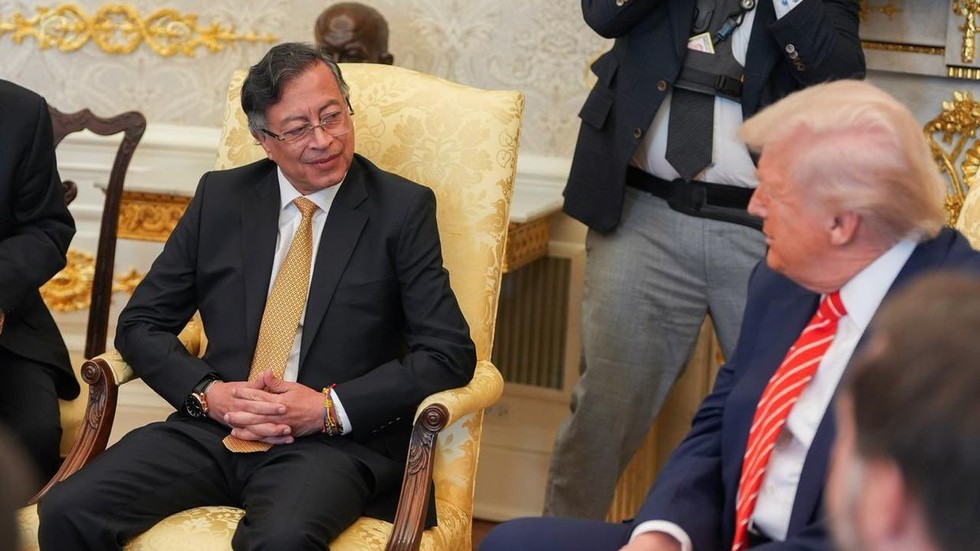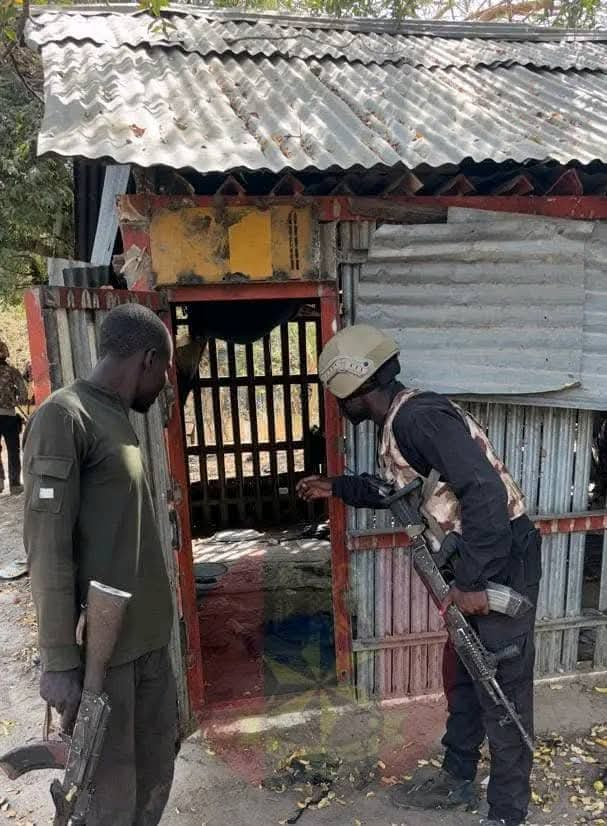Nigeria’s President Bola Tinubu has reaffirmed his administration’s commitment to supporting the Dangote Refinery’s planned expansion from 650,000 barrels per day to 1.4 million barrels per day. The president, represented by the Minister of State for Petroleum Resources, Heineken Lokpobiri, made this assurance at the 19th edition of the OTL Africa Downstream Conference and Exhibition in Lagos. The project is seen as a game-changer for Nigeria, West Africa, and the global energy market, as it will boost the country’s self-sufficiency in refined products and strengthen energy supply across the continent.
The Dangote Refinery’s expansion will make it the largest refinery in the world, surpassing the Jamnagar Refinery in India. Aliko Dangote, President of the Dangote Group, stated that the move reflects confidence in Nigeria’s future and aligns with President Tinubu’s vision of making the country a global supplier of refined petroleum products. The expansion will more than double the refinery’s current production capacity, from 650,000 barrels per day to 1.4 million barrels per day.
President Tinubu emphasized that the Federal Government will give its full backing to private investments that promote value addition and energy security. This initiative aligns with the administration’s vision to build a competitive downstream sector under a deregulated petroleum market. According to data, Africa has a significant market for hydrocarbon resources, with the continent importing $120 billion worth of these resources in 2024. However, due to limited financial capacity and distribution networks, most of the revenue goes back to countries outside the continent. Nigeria aims to capture a proportion of this value.
The Dangote Refinery’s expansion is a significant step towards achieving this goal. With the increased production capacity, Nigeria can reduce its reliance on imported refined products and become a major player in the global energy market. The project’s success will also have a positive impact on the country’s economy and energy security. As the project progresses, it is expected to create new opportunities for economic growth and development in Nigeria and the wider region.



